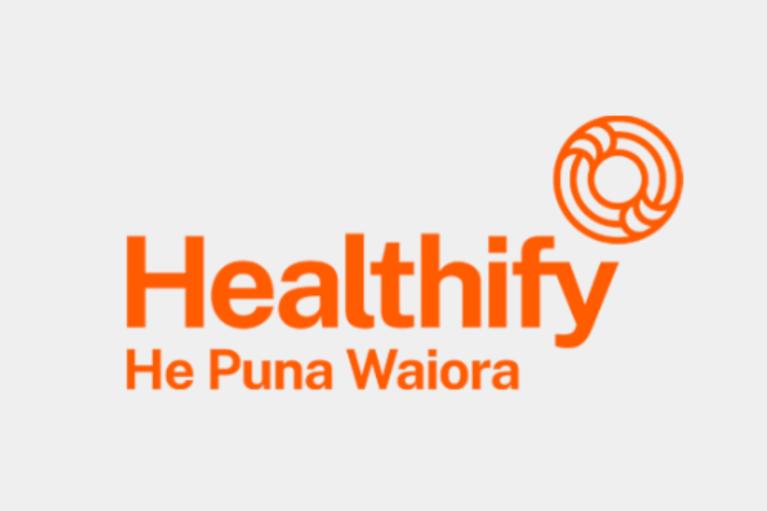My child is sick - could it be COVID-19?
Symptoms of COVID-19
If children do catch COVID-19, they mostly have mild symptoms or they may have no symptoms at all.
Common symptoms of COVID-19 are like those found with other illnesses such as colds and flu.
They can include:
- cough
- sneezing and runny nose
- fever
- headache
- tiredness, feeling generally unwell
- sore, scratchy throat
- shortness of breath
Symptoms of COVID-19 may also include:
- diarrhoea, nausea, vomiting, particularly in babies and young children
- tummy pain
- muscle aches
- wheezing
- croup-like illness
- loss of taste or smell (not so common with Omicron)
What to do if your child is COVID-19 positive
If your child is COVID-19 positive, watch the video above for advice. Some of the information in the video is also repeated below.
Make sure they are drinking well
It is important to keep an eye on what your child is eating and drinking. They might not want to eat as much as usual.
Encourage them to drink fluids - you can try giving them half apple juice with half water or ice blocks if they are struggling to get fluids in.
How to help your child with COVID-19
COVID-19 is viral so antibiotics don't work. For children who are usually well and have a mild infection, there is no specific treatment for COVID-19.
If they are well and happy with a fever, they do not need specific treatment.
To treat a fever, undress your child so they are just wearing a single layer and make sure the room is not too hot or too cold. These are the best and most comfortable ways to bring your child's temperature down. It's best not to give your child a bath or shower to cool them. You could use a cool face cloth.
Your child may need extra rest or they may want to play - this is OK.
Medicine
Paracetamol
If your child is miserable because of the fever, you can give paracetamol to make them more comfortable. You must follow the dosage instructions on the bottle. It is dangerous to give more than the recommended dose.
Other medicine
If your doctor gives your child ibuprofen, use it only if your child with a fever is miserable.
Don't give your child cold and flu medicines.
Never give your child aspirin as this may increase the risk of Reye syndrome, which is a rare and serious illness.
Advice from a paediatric emergency medicine doctor at Starship
Listen to an interview with Dr Mike Shepherd, a specialist in Paediatric Emergency Medicine at Starship. He joins Jesse Mulligan on RNZ to talk about what to do if a young child catches COVID-19.
You can also watch a Stuff video - Dr Mike Shepherd talks COVID-19 Omicron symptoms in children: what can be managed at home, what parents should seek help with.
Detailed advice about caring for your child with COVID-19

You can also check the information at the Healthify website about how to care for your child if they get COVID-19.
Minimising the spread of COVID-19 within your household
It is common for COVID-19 to spread within a household to family and whānau members.
There are some things you can do to help minimise the spread:
- wear masks - if your child is comfortable wearing a mask this will help reduce the virus spreading
- create airflow (ventilate)
- regular handwashing
- use hand sanitiser
When to get medical help for your child with COVID-19
Contact your GP or go to the emergency department if your child becomes more unwell or:
- has difficulty breathing
- is drinking less than half their normal amount of fluids
- is very tired or lethargic
- still has a fever after 5 days
- has severe chest or tummy pain or
- has a headache that is not helped by simple pain relief
- you are worried about them
Check the signs that show your child is struggling to breathe.
Signs That Children Are Struggling To Breath
Supporting your child while they recover from COVID-19
For most children with mild COVID, they will be back to normal within a week. A small number of children might take up to 2 weeks to feel back to normal.
Make sure your child gets enough sleep.
Encourage them to eat and drink normally.
You don't need to restrict your child from doing activities they feel like doing. Be guided by them.
Isolating with COVID
Although requirements have been removed, the recommendation is to isolate for 5 days after testing COVID positive.
